Behind Your Coffee
Behind Your Coffee
SEASON 2 > EPISODE #2
“Rigour and passion are the ingredients”.
Knowing and understanding good coffee comes to many people late in life–a bit like talent.
Alexis Gagnaire, a French roaster from a family of restaurateurs, discovered specialty coffee late in life after moving to London. Like most people, he had never realized that coffee could comprise such details as the producer’s name, bean variety, altitude, and drying method. Before his eventual return to France, he gained firsthand experience at the Granja la Esperanza farm in Colombia. There, he learned how to roast properly: with respect for the raw materials. He then returned to France with this understanding of innovation and responsible coffee. Today, he works at Kawa Coffee, an artisanal roastery in Paris with 22 employees and several partners that range from farms to cooperatives.
Making the magic happen
Gagnaire believes that a good roaster must be a good technician who knows how to work the machines and select coffee and a creative one who can experiment daily to craft new recipes for blends. He cites profiling as the job’s biggest challenge: choosing how to roast the coffee and what energy to apply during the process.
He finds roasting exciting because transforming the coffee with integrity directs the flavor in a way that highlights both the terroir and the producer’s work–if amiss, the coffee fails to reach its full potential. Yet to him, the most rewarding parts of his work are discovering new flavors, new producers, and new places worldwide.
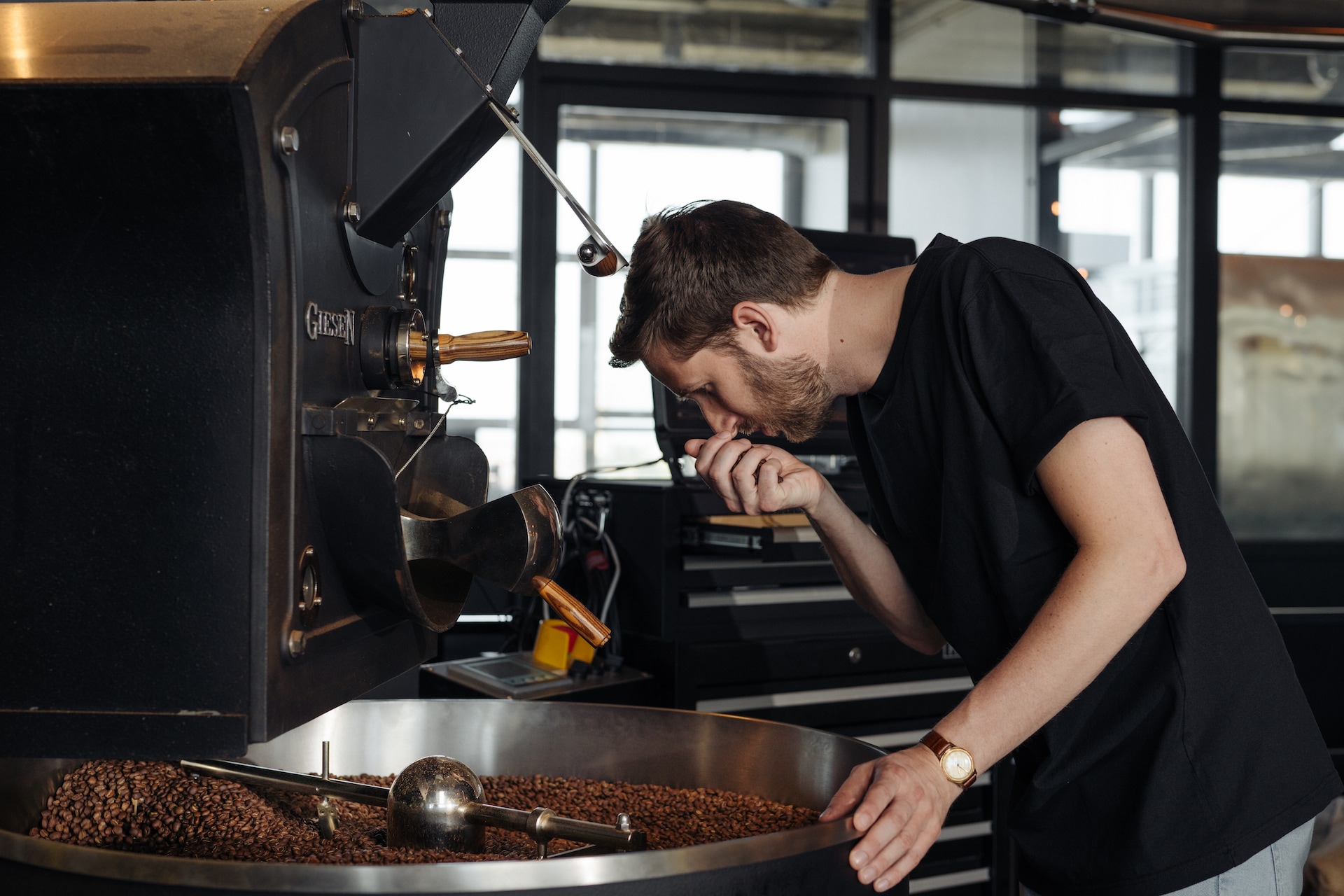
During the roasting process, quality always makes a difference: preserving the essence of the beans and treating them with respect is crucial to unleashing their full potential. Coffee requires a final transformation before being consumed, and during the preparation, the consumer must respect the work of both the producer and the roaster. “Preparing a coffee is a job that requires rigor and passion,” says Gagnaire. “Rigor is greatly facilitated by using a bean-to-cup coffee machine.”
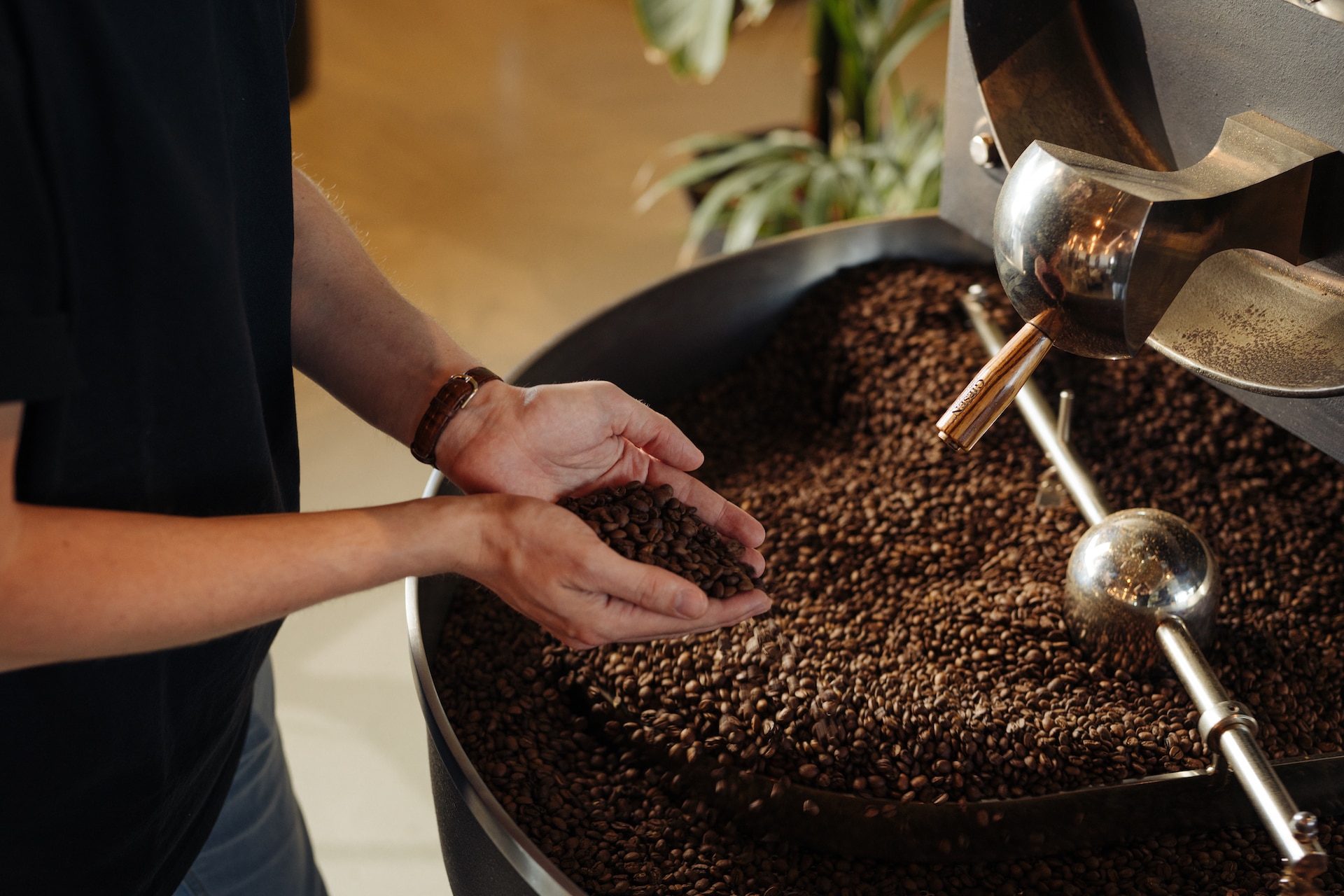
The impact of our choices
“Roasters are one of the important links in the coffee value chain,” Gagnaire says. “We are the ones who buy the raw materials. Our choices are therefore important and can move the lines. We are responsible for promoting sustainable agriculture that respects the environment.”
He states that preparing coffee from beans is the best way to enable a more natural coffee-making experience. To Gagnaire, good coffee, good water, and a good machine make a coffee Perfetto. His personal favorite? A double espresso–good morning coffee portends a good day.
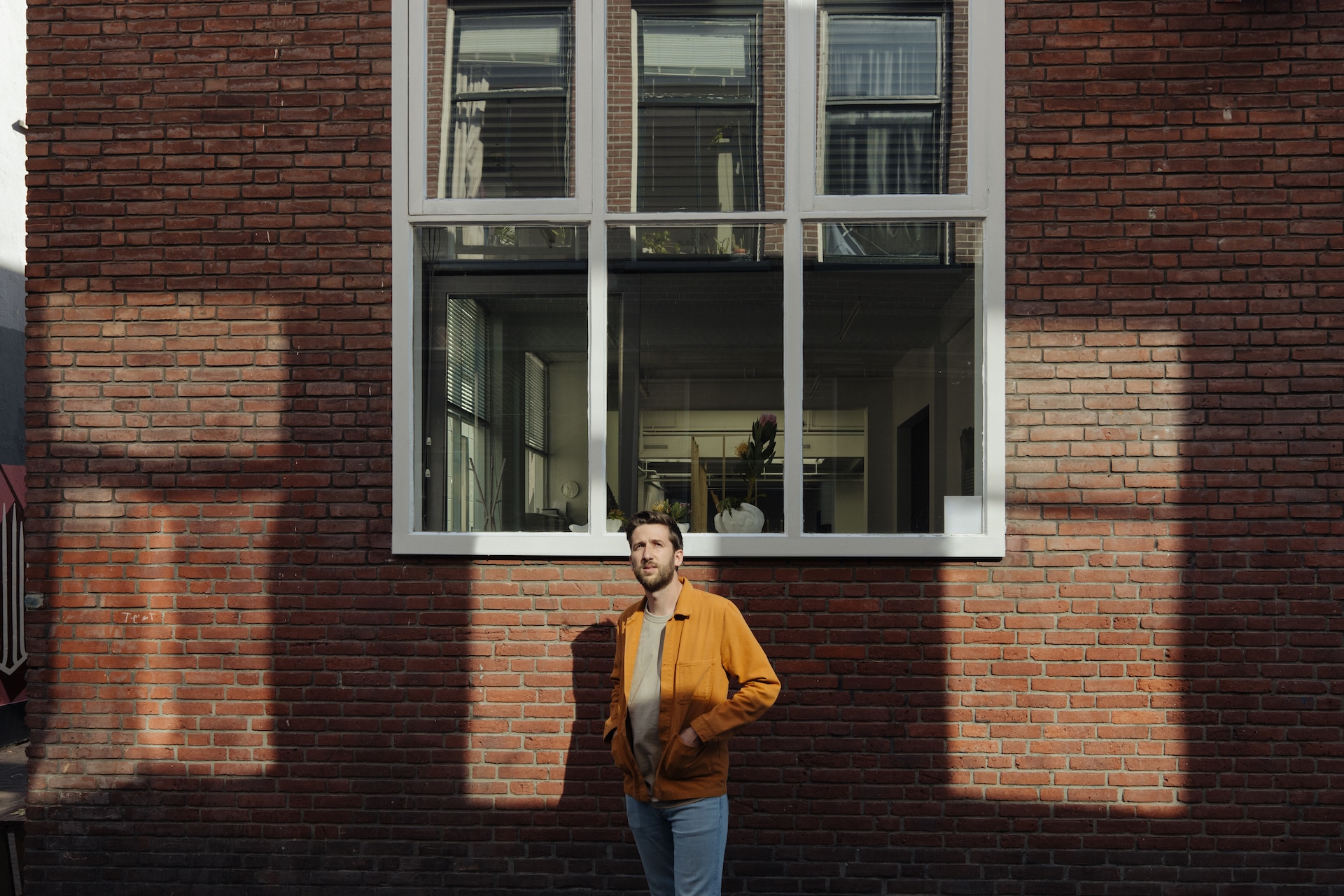
SEASON 2 > EPISODE #2
“Rigour and passion are the ingredients”.
Knowing and understanding good coffee comes to many people late in life–a bit like talent.
Alexis Gagnaire, a French roaster from a family of restaurateurs, discovered specialty coffee late in life after moving to London. Like most people, he had never realized that coffee could comprise such details as the producer’s name, bean variety, altitude, and drying method. Before his eventual return to France, he gained firsthand experience at the Granja la Esperanza farm in Colombia. There, he learned how to roast properly: with respect for the raw materials. He then returned to France with this understanding of innovation and responsible coffee. Today, he works at Kawa Coffee, an artisanal roastery in Paris with 22 employees and several partners that range from farms to cooperatives.
Making the magic happen
Gagnaire believes that a good roaster must be a good technician who knows how to work the machines and select coffee and a creative one who can experiment daily to craft new recipes for blends. He cites profiling as the job’s biggest challenge: choosing how to roast the coffee and what energy to apply during the process.
He finds roasting exciting because transforming the coffee with integrity directs the flavor in a way that highlights both the terroir and the producer’s work–if amiss, the coffee fails to reach its full potential. Yet to him, the most rewarding parts of his work are discovering new flavors, new producers, and new places worldwide.
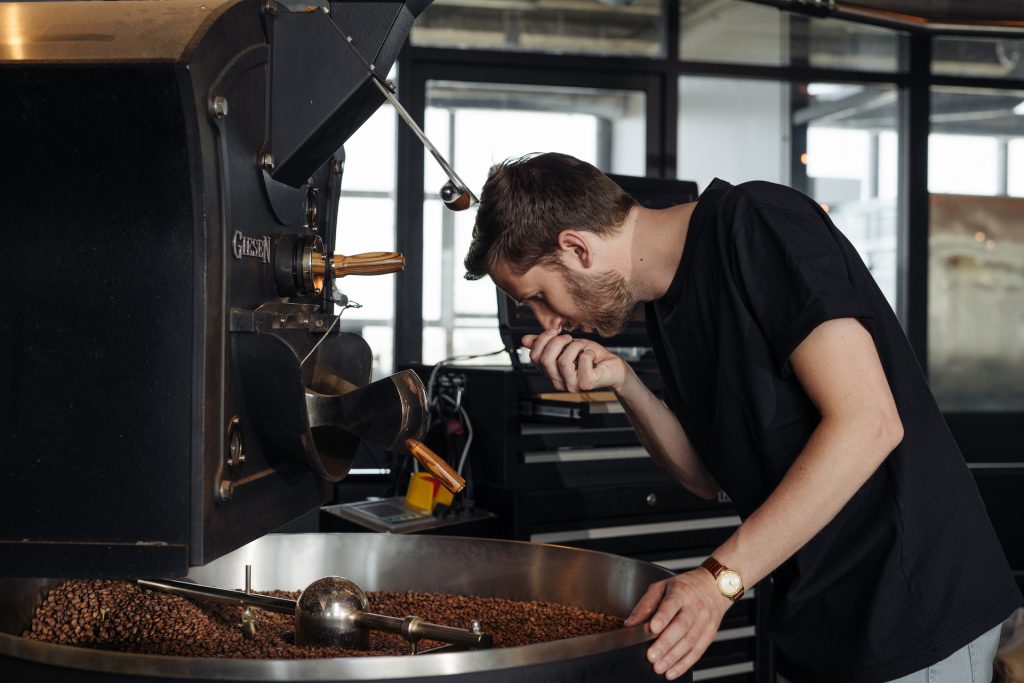
During the roasting process, quality always makes a difference: preserving the essence of the beans and treating them with respect is crucial to unleashing their full potential. Coffee requires a final transformation before being consumed, and during the preparation, the consumer must respect the work of both the producer and the roaster. “Preparing a coffee is a job that requires rigor and passion,” says Gagnaire. “Rigor is greatly facilitated by using a bean-to-cup coffee machine.”
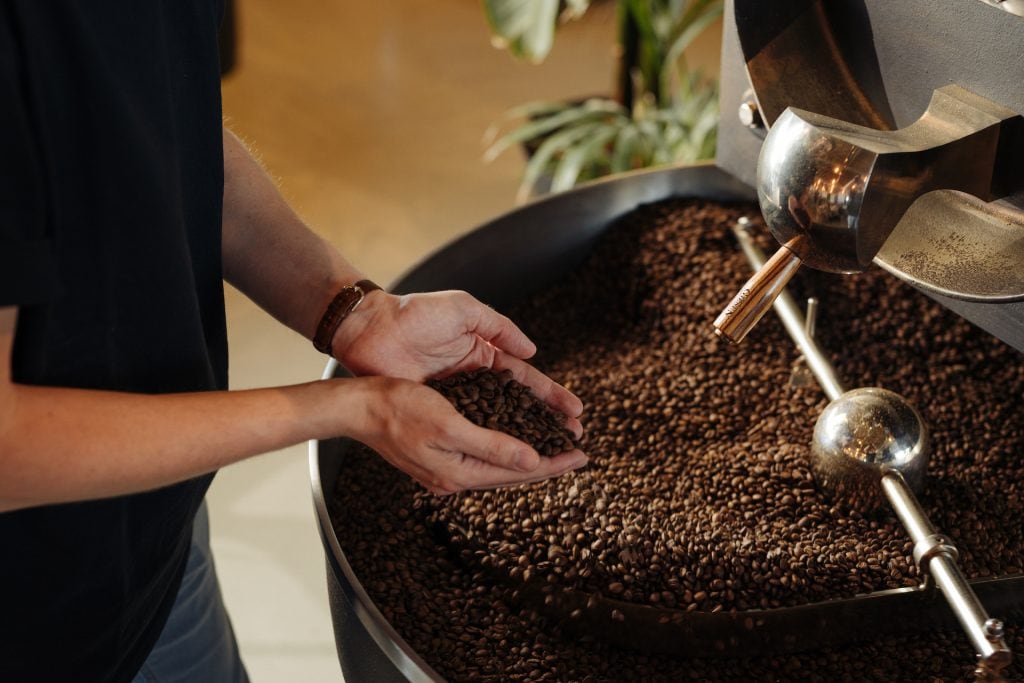
The impact of our choices
“Roasters are one of the important links in the coffee value chain,” Gagnaire says. “We are the ones who buy the raw materials. Our choices are therefore important and can move the lines. We are responsible for promoting sustainable agriculture that respects the environment.”
He states that preparing coffee from beans is the best way to enable a more natural coffee-making experience. To Gagnaire, good coffee, good water, and a good machine make a coffee Perfetto. His personal favorite? A double espresso–good morning coffee portends a good day.



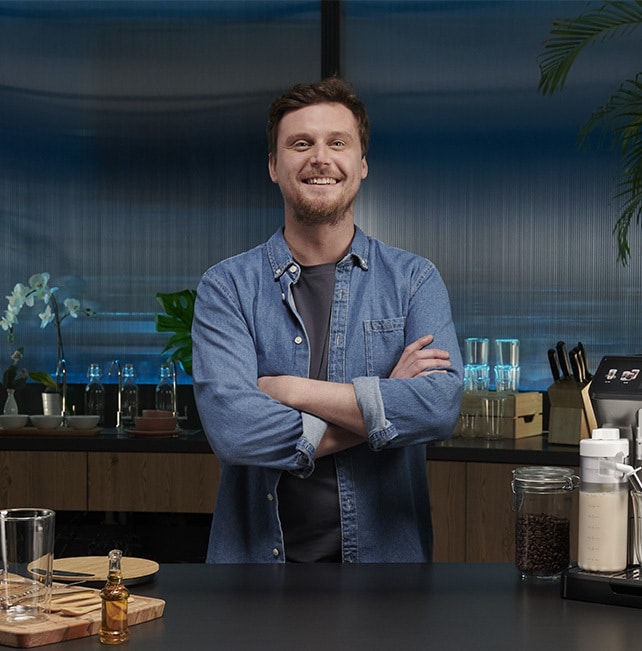

Testo vario
Join us
Policies
Support